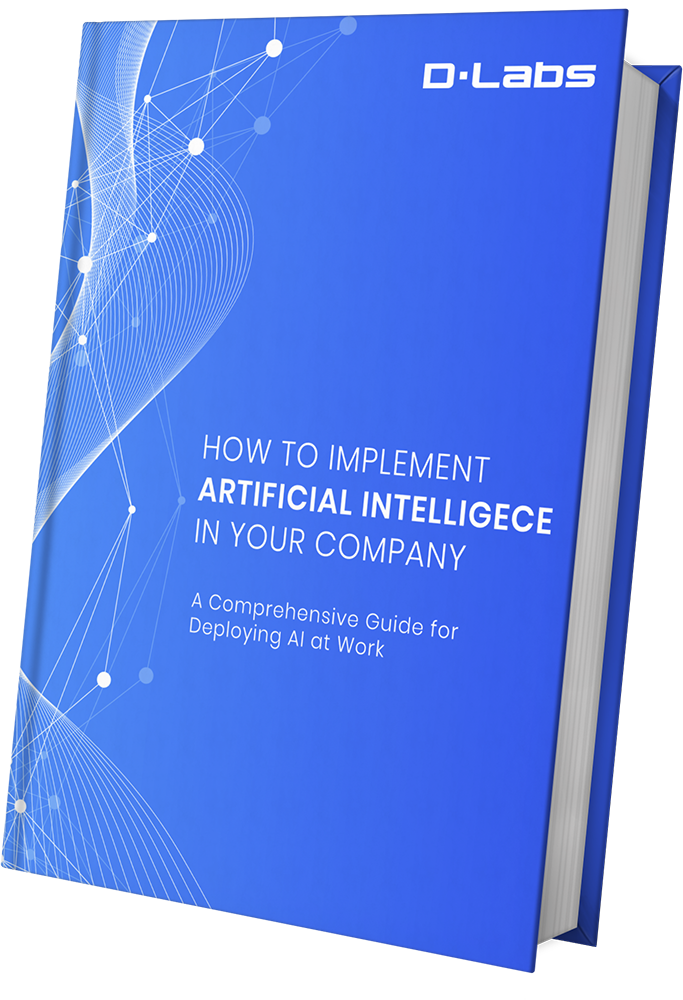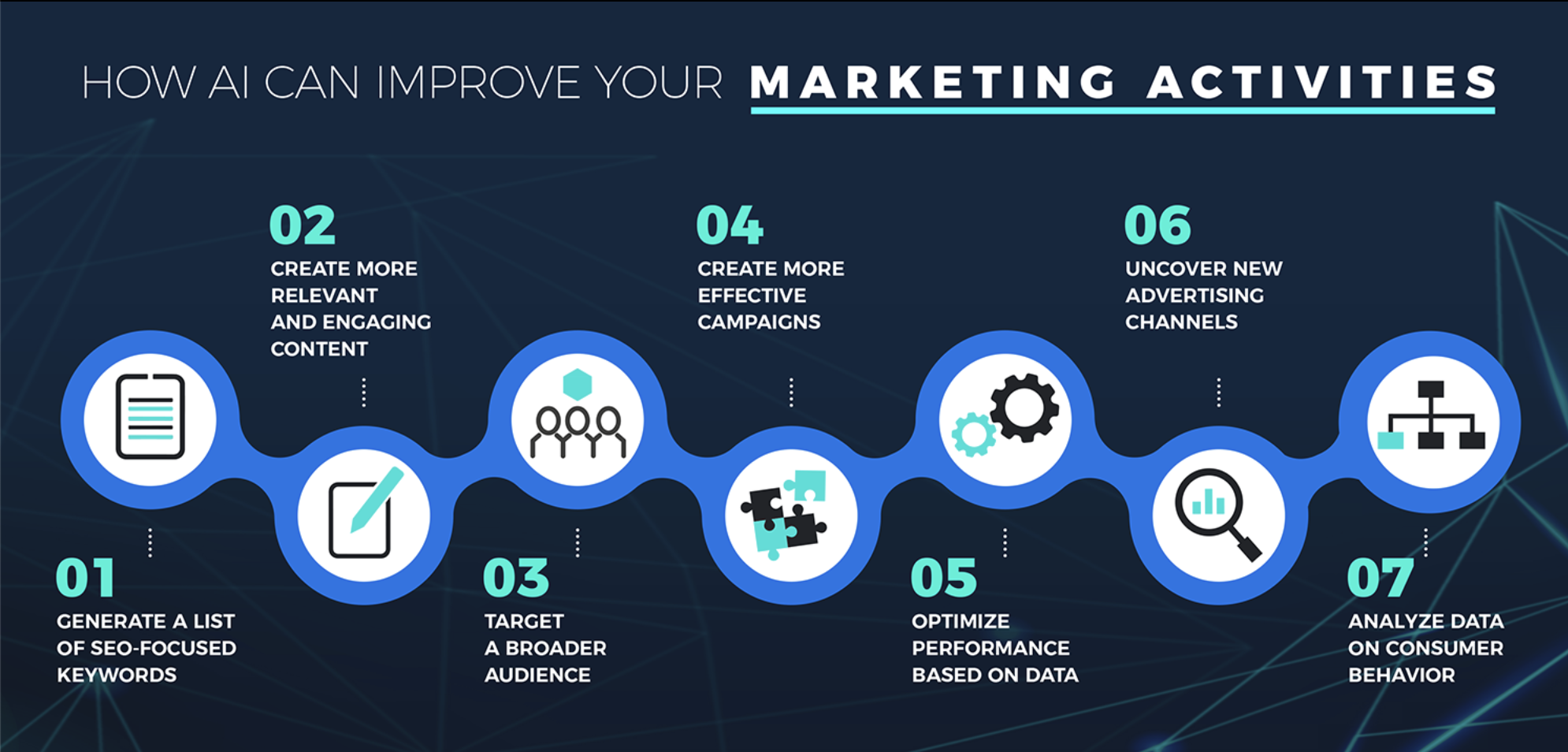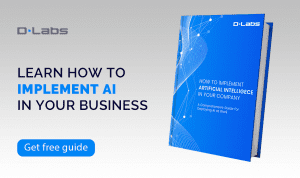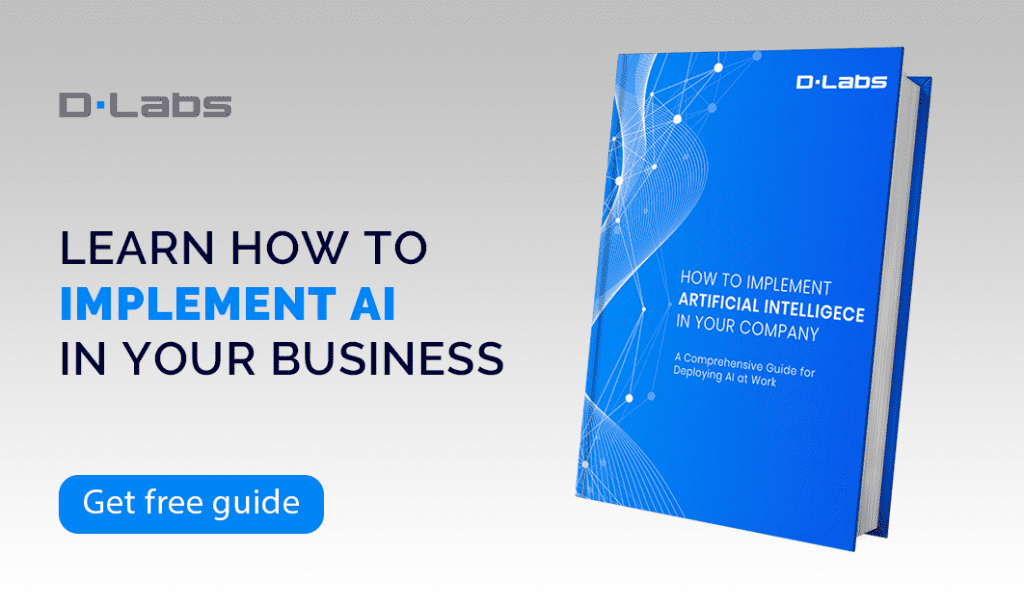In 1899, the Director of the US Patent Office confidently pronounced: “Everything that can be invented has been invented.” For a man embedded in a world of invention, you would hope Charles H. Durell to have shown more confidence in his people’s ability to create. As the course of history proves, we are far from the zenith of innovation
Nowhere is this more applicable than in Digital Marketing.
Machine Learning in Digital Marketing: Technology Is Powering Innovation
Digital marketing is the catch-all term for every aspect of online marketing. It includes content marketing, video marketing, email marketing, and search engine marketing (SEM), among other formats.
In recent years, the sector has become dominated by household names such as Google and Facebook, leading to a fear that there’s no room left for innovation; that all invention has already happened. However, countering the belief, new technology has emerged and is currently turning this oligopoly on its head.
Machine learning is a subset of artificial intelligence that uses systems to analyze data, recognize patterns, and make decisions with little or no human involvement. Machine learning spans everything from Amazon Alexa responding to your voice commands to Facebook recognizing your face – and tagging you – in a picture.
But the real value of machine learning lies in its algorithms: the programs that help mere mortals to solve complex problems in a more efficient manner, thus reducing your reliance on third-party applications. And while marketers have demonstrated a reluctance to adopt unproven technology over the years, recent applications have opened the door for a variety of new strategies for digital marketers to apply.
The algorithms have proven to be so successful that most of the marketing world has now opened its mind to this new, revolutionary approach.
- In a survey by Salesforce, 51% of marketers admit to already use some form of artificial intelligence
- 27% of respondents confirmed they plan to incorporate the technology in 2019
- 97% of marketing influencers believe the future of digital marketing will involve human marketers working alongside machine learning-powered automation
If you haven’t yet jumped on the machine learning bandwagon, 2019 could be the year to do so.
There’s More to Marketing than Google and Facebook
Google has long been the marketers’ best friend. In fact, the search giant makes $100 billion in advertising revenue a year from capturing what’s on a user’s mind, storing that detail against reams of personal data harvested from across the web, and retargeting ads based on this information. Google’s access to your personal data has helped the search engine maintain its top spot as the dominant digital advertising platform, absorbing up to one-third of US digital ad spend in 2018.
But the truth is, Google does not know everything. The platform cannot serve the entire market’s needs. And many already look beyond Google for several reasons – with machine learning applications only influencing the migration away from the platform.
Single Customer View
Google only knows so much about your customers: what they’ve searched for, or if they’ve clicked through to your website. Google can provide information on organic traffic and paid traffic. However, anything the search engine shows your prospect is primarily based on this relatively siloed dataset.
It is a reactive remarketing method based on search history. It offers little insight into the user’s worldview, personality, or character. And where Google uses machine learning, the technology can still suffer from limitations we discuss in the next point.
Custom Models
Business owners often want to build a custom model that governs the user experience depending on how they arrived at a website, or what they clicked on. This is to influence the path-to-purchase through an optimized user journey, ultimately driving conversions and sales.
The issue is, Google data doesn’t always fit the parameters of your custom model or offer sufficient information to support your model’s end-goal. Moreover, it could be difficult to correlate a Google search and a purchase. A factor that’s driving one-third of online marketers to divert ad-spend to Amazon as marketers know: if a user searches for a product at the eCommerce retailer, they typically want to buy it.
Personal Preference
Then, there are those marketers who simply choose not to use Google: due to privacy concerns, inclinations towards other channels, or mere personal preference. And with the advent of machine learning, Google, Facebook, even Amazon, are no longer the only data-rich weapons in the digital marketer’s arsenal.
How Machine Learning Will Revolutionise Digital Marketing
The most significant advancement offered by artificial intelligence is that digital marketers now have a tool that can predict how a consumer is going to behave. By feeding vast datasets into a computer, machine learning algorithms can analyze past decisions to provide an accurate prediction of the action a customer will take next.
As such, marketing is no longer reactive. It can become reliably predictive.
AI and machine learning technologies can provide a constantly-updating view of a web user’s current needs, looking back to actions they’ve taken some months earlier, in order to tell the marketer what your prospective customer is about to do, today.
And this innovation paves the path to five pivotal strategies that could revolutionize how you approach your digital marketing.
Deliver Hyper-relevant Content
A LinkedIn study ranked ‘audience relevance’ as the single most important factor that makes content truly effective. Where previously, marketers could use search behavior to infer relevance, machine learning helps businesses understand the psychological state of a prospect – extracting specific character traits – to ensure content is hyper-relevant. By understanding the underlying character of your audience, you can adjust your communications strategy in real-time to deliver the most personalized, relevant, and compelling content possible. You can remain in constant alignment with your customer’s worldview through targeted content delivery, significantly improving your chances of closing the sale. To apply this in the real world, your team might consider building a Propensity Model: a statistical scorecard that identifies which prospect is most likely to respond to which kind of offer. When a browser matching specific parameters arrives on your site, your algorithm will determine the most relevant offer to deliver, and given the known traits, the prospect will feel compelled to make the purchase.
Boost Your Return On Investment
The biggest challenge facing many marketers is, “which channel offers the best bang for my buck.” Historically, marketing has been as much art as it is science. However, machine learning removes much of the guesswork. Through predictive analysis, you can combine big data, statistical algorithms, and machine learning technology to highlight the probability of future outcomes based on historical activity. You can use the predictive approach to identify:
- Cost-effective client acquisition strategies
- Optimal price points for specific channels
- Product upsell opportunities on certain campaigns
All you need to remember is that the quality of your outputs will reflect the quality of your inputs: the more accurate your data, the better your forward-looking, probabilistic predictions will be – and the higher the return on your investment.
Provide Specific Product Recommendations
Retargeting involves showing a prospect a product they’ve already seen in the hope of securing a sale in the future. However, smart algorithms take this one step further by analyzing what a customer has previously searched for, or bought, then suggest other products the customer might also like. Similar to the recommendation engines of, say, Amazon; although machine learning can surface more character-specific product suggestions. Moreover, if your business uses customer segmentation, you could add additional levels of detail. With customer consent, you could track movement around the web, assess actions, and build an inventory of possible purchases with which to retarget your customer. Such correlation metrics extend to cross-device capabilities, meaning activity on a laptop or iPad can influence what a user sees when browsing on mobile; much like Netflix knows what you like to watch, irrespective of the device you’re using.
Perfect Your Visual Imagery
Machine Learning applies beyond numbers, letters, and symbols. Computer Vision can analyze imagery as well. In one project, DLabs.AI worked with a client to understand which visual content led to the best-performing ad-campaigns, correlating visual content with conversion metrics. For example, DLabs.AI asked:
- Did certain colors improve performance?
- Did it help to include people?
- Did animals correlate with better sales?
Ultimately, we reached the conclusion that customers perceived a client’s products to be better quality when placed against a white background. Subsequently, influencing the client’s strategy to avoid colored backgrounds across their creative.
By extracting this level of detail from the media campaigns your run, you can build a picture of what your customers respond to best. Then, apply your learnings to create the style of images you know to induce the desired response.
See also: AI And Marketing: How To Boost Brand Marketing With Image Recognition Software
Automate Campaign Configuration
There are near-limitless decisions marketers can make when it comes to creating campaigns on platforms like Facebook: segmentation, geo-location, demographics, to name a few – with hundreds of variables to define, the task can seem insurmountable. A number of companies – including DLabs.AI – help clients solve this problem using machine learning to automate campaign configuration. By referencing historical data, we can determine which parameters will deliver the best conversion rate. Thus, optimizing your ROI. These types of applications are particularly valuable for small business owners who typically have less time to specialize and often have lower budgets. But if a machine learning algorithm can reverse-engineer a set-up to tailor a campaign to your specific KPI – business owners of the world, rejoice.
And a machine won’t pick up the phone, which could distract the driver any time.
Yes, but this is just one example of many factors influencing the better safety that comes with implementing new technologies.
Build an AI-driven Marketing Campaign with DLabs.AI
Gartner suggests that, by 2020, 85% of all direct customer interactions will happen without any human involvement at all. At DLabs, we don’t think that AI will take over people’s jobs.
Rather, we believe it will augment human capabilities.
Machine learning algorithms will support marketers in delivering the next wave of innovation. And with digital marketing spend on the rise, there’s never been a better time to put this technology front-and-center.
Find out how DLabs.AI can help you add machine learning to your marketing mix by booking a free consultation, here.








